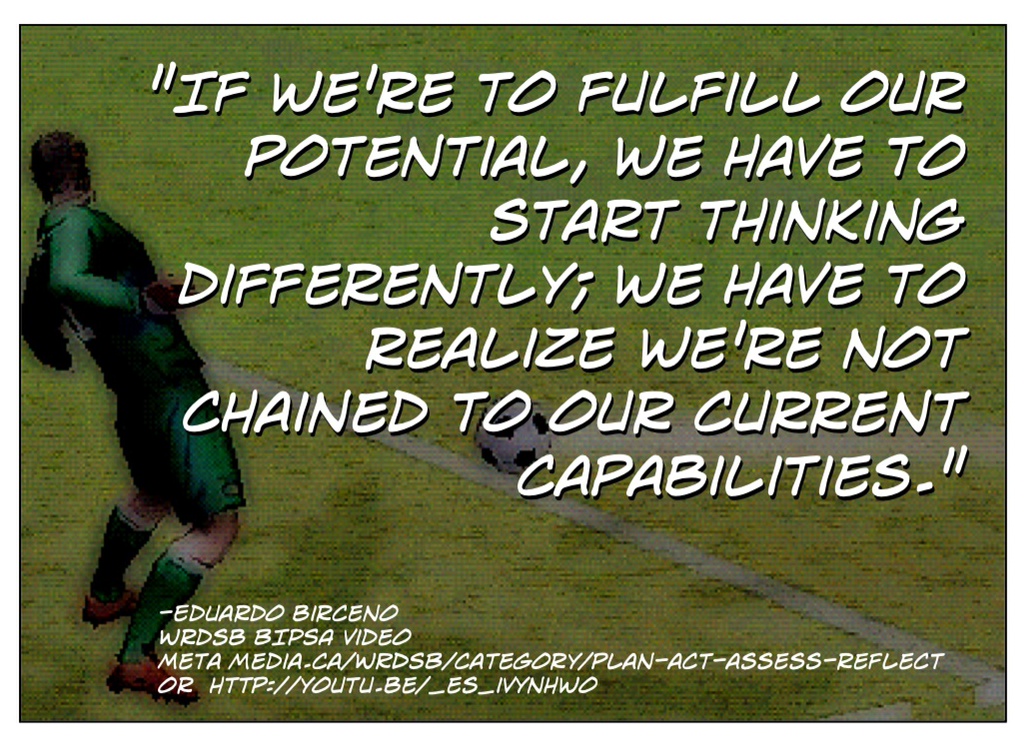
Congratulations on making the decision to get a college degree! After the initial excitement wears off, you will next need to figure out how you are going to accomplish this successfully within four years (give or take a semester). Naturally, you will want to prepare yourself for success. Orientation sessions can help you get started, such as logging in to your email, signing up for your classes, and navigating the various university resources, but this is only the tip of the iceberg. Following are simple yet essential strategies for making your college degree a reality (and fun!):
- Map Your Plan: Make sure you know how to use your university registration system to view your records and progress. You really don’t want to take 160 credits for an undergraduate degree when you only need 120. Each university has its own system, and you should spend time learning how you can use it. You will also be assigned an advisor, who can help, but you will want to take ownership of this part of your college education. Use their degree tracker programs and create “What if” scenarios if possible. These automated programs can save you time and be much more accurate in mapping out your degree program than using the information provided in your college catalog. This will help provide you with the big picture of what you need to do to graduate.
- Take Psychology 101 Early: Take this course early in your college career, as it will help you better understand how to improve your study skills, learning, and other fascinating facts about human behavior.
- Learn Your Learning Management System: Know how to locate and logon to your university’s learning management system. (Of course, this is especially important if you are taking an online course.) Navigate to your current courses, where you should be able to at least view and print your course syllabi before classes begin. And READ each course syllabus. Finally, make sure you purchase all books and other supplies before classes begin.
- Apply Effective Time Management Skills: This is probably the most overlooked, yet most important contribution to your success in college. Take time to look over your course syllabi and map out when major assignments are due. And remember, for every credit hour you are taking, you will spend approximately two to three hours outside of class studying. Therefore, to help determine the course load most appropriate for you, use the formula:
3 credit hours (1 course) = 3 hours in class per week = 6-9 hours study time per week.
12 credit hours (4 courses) = 12 hours in class per week = 24-36 hours study time per week. For more ideas and information, visit Boise State’s Study Skills resource: http://aae.boisestate.edu/study/ - Ask for Help and Be Proactive: Don’t be afraid to ask for help. Universities offer all sorts of support, such as tutors, writing centers, math labs, and other resources. And be proactive–don’t wait until the last minute until the last minute.
- Get Involved and Stay Connected: Identify what interests you and locate a club or other activity that will help you become more connected and enrich your college experience. OrgSync is one resource some colleges offer, but again, look at your college online resources and investigate all of the opportunities available to you. Also, stay connected to your college through various social networks–like your university’s Facebook page and follow Twitter feeds. Remember, your college experience won’t last forever, so make it meaningful to you. Here’s a Boise State resource with helpful tips: https://getinvolved.boisestate.edu/get-involved/
- Appreciate Adversity: This is an absolute necessity. Throughout your college career, you will naturally develop skills and talents to become a creative learner. In order to gain these skills, you will need practice in making difficult decisions. Progress as a learner results from the product of successful habits, such as perseverance, patience, the ability to accept failure, and doubt. There is probably no better teacher than adversity. Appreciate frustration or anxiety. These can be the most powerful motivators to drive you toward your own solutions. One might argue that this is how we learn best.
- Embrace a Growth Mindset: If you think of yourself as having a growth mindset instead of a fixed one, then your chances for success can be increased. Carol Dweck, a Stanford psychologist, has conducted many studies about people’s beliefs in learning. She says, “In a growth mindset students understand that their talents and abilities can be developed through effort, good teaching and persistence. They don’t necessarily think everyone’s the same or anyone can be Einstein, but they believe everyone can get smarter if they work at it.” For more information, read her book, Mindset: The New Psychology of Success.
- Create and Maintain an ePortfolio: Sign up right away for a free website building tool. My favorite is WordPress, but you can use Blogger or any other tool. Save all of your work and organize it according to theme, course, whatever. You can always go back and then select some of your best work to create a professional looking eportfolio–something you can share with your family, use in a job search, or simply sit back and gloat about what you’ve accomplished.
- Enjoy the Ride: While you won’t absolutely love all of your courses, try to appreciate at least one aspect of the course and the enthusiasm your professor brings to it. Who knows, you might find you actually become more interested in the topic and want to explore it in further courses.
Love these tips…including e-portfolios and that you’ve included Dweck’s work in this list!
LikeLiked by 1 person
Thanks, Vicki. Yes, as you know, I’m a firm believer in the power of eportfolios for growth and learning. 🙂
LikeLike